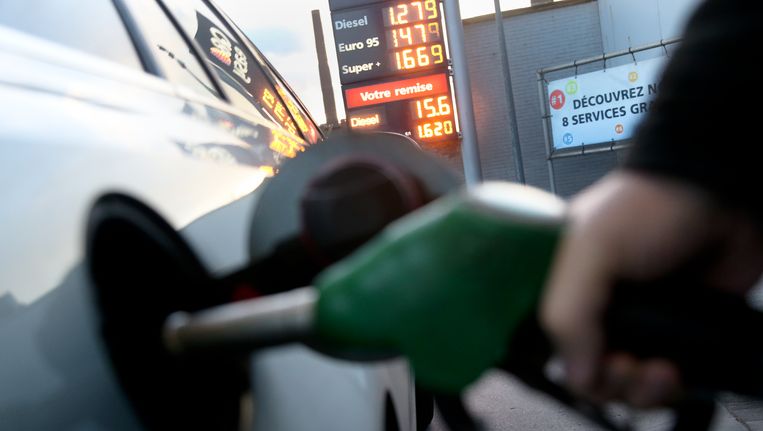The price that petrol station owners and fuel merchants are currently paying for supplies of diesel and petrol is higher than what they can legally sell it for, according to the Belgian Federation of Fuel Traders (Brafco).
Maximum pricing for fuels only currently exists at the last end of the supply chain. The government sets a daily fixed price for consumers, however the true price of fuel is often much higher.
This means that major oil companies and refineries are able to raise their prices and pass on price increases to their customers. End consumers, however, are protected from high prices, forcing petrol station owners to shoulder the cost.
Between a rock and a hard place
According to Brafco, this maximum price currently set by the Belgian State fails to account for the current conditions in the international energy market. The price of fuel has skyrocketed on the back of increasing energy concerns following Russia’s invasion of Ukraine. Maximum fuel pricing is set to continue to rise. On Tuesday, Petrol 95 (E10) will rise to €1.951 per litre, and Petrol 98 (E5) to €2.023 per litre.
Now, major fuelling stations are making losses on every litre of petrol or diesel sold to consumers. According to official statistics, petrol stations are now making a loss, buying fuel 15-16 cents over the maximum consumer price per litre.
“They (petrol stations) should now respect the maximum prices and sell at a loss, which is forbidden by law, or sell above the authorised maximum price, but that is also not allowed,” stated Johan Mattart, director general of Brafco.
Related News
- Belgium’s liberal party calls for action against soaring petrol prices
- Diesel and Petrol hit all-time highs on Friday
The only other option petrol stations have, says Mattart, is to temporarily close down, but few are willing to lose customers.
The federation is now calling on the government to adjust its maximum pricing policy to reflect the difficult conditions in the energy market. The federation wants to do away with maximum pricing, instead replacing it with “recommended pricing”, such as that used in the Netherlands.
This new system would likely mean that consumers would pay above maximum pricing and witness an increase in the amount that they pay at the pumps.

